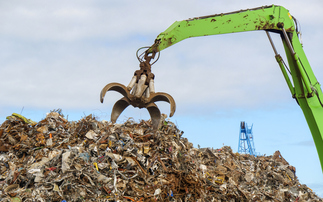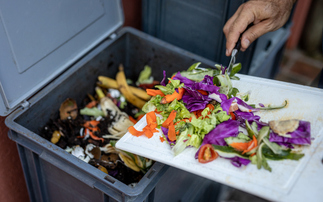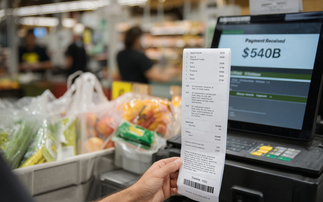The UK has made good progress in improving its recycling rates, but it remains a long way from meetings its long term targets
As targets are being set across the globe to increase the level of recycling, the UK is no exception and through England, Ireland, Scotland and Wales individual goals are being agreed. However, with statistics...
To continue reading this article...
Join BusinessGreen
In just a few clicks you can start your free BusinessGreen Lite membership for 12 months, providing you access to:
- Three complimentary articles per month covering the latest real-time news, analysis, and opinion from Europe’s leading source of information on the Green economy and business
- Receive important and breaking news stories via our daily news alert
- Our weekly newsletter with the best of the week’s green business news and analysis






